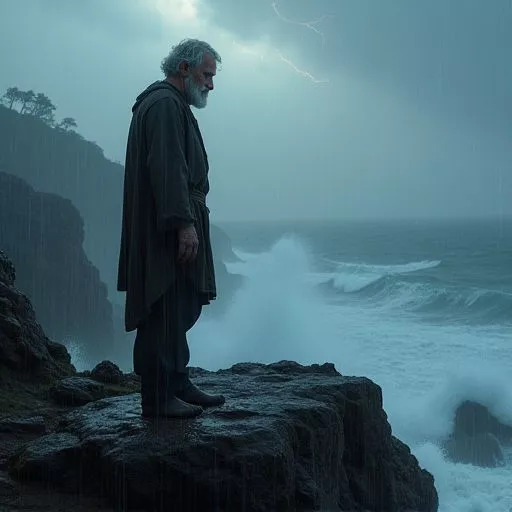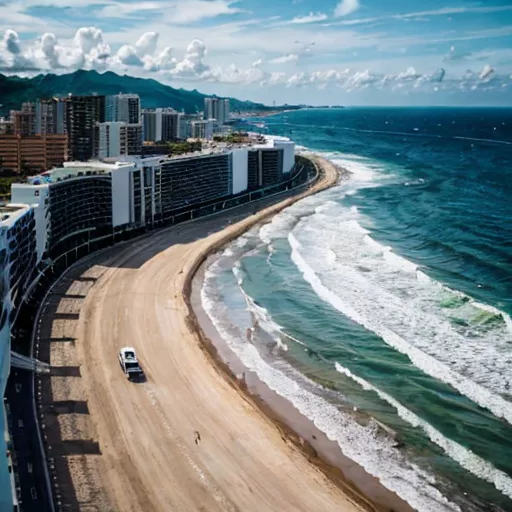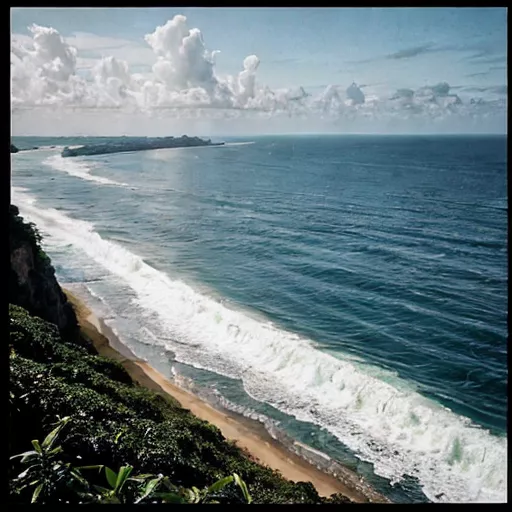Related Tags
#senhor
#se
#no
Related Keywords
#resplandecer #misericrdia #guerreiro #parabns #guarde #abenoe #rosto #tenha #sobre #aconteceram #tropeos #jornada #agradeo #fizeram #cheguei #chegar #coisas #delas #privilegio #riquezas #vivesse #pedaço #concede #podemos #maiores #momento #nossas #filhos #conversatorio #trespalacios #relacionados #barranquilla #convocatoria #ciudadanos #ciudadana #abordar #atentos #cultura #aprovação #precisar #clicando #completo #liberte #ouçam #outros #vicio #album #progresso #acredite #realiza #parada #sonhos #igual #nunca #prorrogamos #prorrogada #consumidor #aproveite #homenagem #promocao #reservou #semana #15/03 #nossa #disciplinada #luchando #sueños #seguire #cambios #logran #siendo #metas #beauteous #beautiful #enjoying #bowling #chillin #hanging #project #fucking #playing #friends #modellerimiz #çarşısı #oltutaŞi #gümüş #kayalar #yüzük #tashan #küpe #kolye #bayan #correções #quarentena #correção #oferecendo #redação #corrigida #pratica #formato #fazemos #graça #diversificar #comodamente #actividades #¿trabajas #trabajas #ingresos #siquiera #permiten #¿acaso #monedas #thebeautifulgame #cristianoronaldo #streetfootball #true⚽❤ #realmadrid #freestyle #barcelona #ohmygoal #pressure #football #grizzly #getting #barber #closes #wanted #beard #outta #weeks #adams #would














